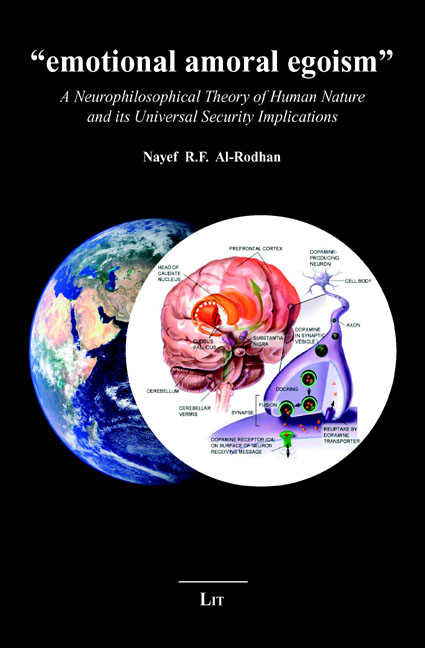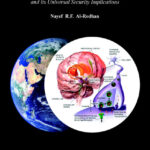Beschreibung
The enduring assumption that human behaviour is governed by innate morality and reason is at odds with the persistence of human deprivation, injustice, brutality, inequality and conflict. This book offers a fresh look at human nature and universal security by proposing a new general theory of human nature, “emotional amoral egoism”, and a specific theory of human motivation that draw on a wide range of philosophical, psychological and evolutionary approaches as well as neuroscientific research. It argues that human behaviour is governed primarily by emotional self-interest and that the human mind is a predisposed tabula rasa. The author argues that most human beings are innately neither moral nor immoral but rather amoral. Circumstances will determine the survival value of humankind’s moral compass. This insight has profound implications for the re-ordering of governance mechanisms at all levels with a strong emphasis on the role of society and the global system. This book is essential reading for anyone interested in the substrates of human nature and its universal security implications in relation to identity, conflict, ethnocentrism, xenophobia, morality and global governance.
Dr. Nayef R.F. Al-Rodhan is Senior Scholar in Geostrategy and Director of the Programme on the Geopolitical Implications of Globalisation and Transnational Security at the Geneva Centre for Security Policy, Geneva, Switzerland.
“This ambitious and wide-ranging book offers both a synthesis of philosophical and scientific approaches to human nature and a strong plea for a set of universal human values. Its attraction lies in its forceful argument that the emotional aspects of human nature should be taken seriously if we are to design effective systems of political and moral cooperation, and that our political thinking needs to be inspired by the neuro-psychological consequences of our brain chemistry.” Professor Michael Freeden, Professor of Politics, Director of the Centre for Political Ideologies, Professorial Fellow, Mansfield College, Oxford University


